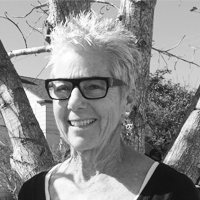Agenda
Today, I want to give you the context of assessment in mental health and assessing psychiatric conditions. Briefly, I will review the process and principles of evaluation. I will compare and contrast many different assessments, some are occupation-based and some are performance assessments. These are the ones that are the most useful in mental health. Then I will speak more specifically about two assessments that I think complement each other and would be useful in all mental health settings. Finally, I will provide a case example and talk you through this example so we can integrate some of the things we have learned.
Learning Objectives
After this course, you should be able to identify the process and principles of evaluation, particularly in mental health practice. You should be able to select two specific assessments that you could use in mental health practice, and you should be able to compare occupation-based and performance-based assessments as well as be able to differentiate them from one another.
Context and Background
The Occupational Therapy Practice Framework (OTPF) defines assessment and evaluation specifically. An assessment is the actual tool or the instrument that we use to gather information and it can be standardized or non-standardized. An evaluation is the general broad process of gathering information. That can include assessments, reading charts, speaking with family members if you have permission, or speaking with other team members. Outside of the United States, this is actually the opposite. However, in the United States, we define the assessment as the instrument and the evaluation as the process, according to the OTPF.
